"Launch pad" for small and medium enterprises to grow
Sharing at the seminar "For the private economy to break through according to Resolution 68 - Things to do immediately" organized by the Government Electronic Information Portal on the afternoon of May 9, Mr. Tu Tien Phat - General Director of Asia Commercial Joint Stock Bank (ACB ) emphasized that Resolution No. 68-NQ/TW on private economic development has responded to 4 major groups of issues that the business community has been particularly interested in over the past years, including: Costs, procedures, market and green transformation.
"We were really surprised when a resolution went so deeply into business practices ," shared the leader of ACB Bank.
Mr. Tu Tien Phat - General Director of Asia Commercial Joint Stock Bank (ACB) - Photo: Nhat Bac |
Regarding the corporate income tax exemption policy for the first 3 years, Mr. Phat said that this is a particularly important period for small and start-up businesses. He cited data showing that over 50% of small and micro businesses often face difficulties in the first 1-2 years of operation, so the tax exemption policy is expected to support businesses to overcome the initial stage.
Regarding land access, Mr. Tu Tien Phat said that private enterprises have had difficulty accessing public assets at reasonable costs. With the recent reorganization of public assets, business representatives expect that the use of these resources will be carried out in a more equitable manner, creating conditions for enterprises to have more opportunities for production and business.
In particular, in the banking sector, two issues of interest are access to credit and credit guarantee mechanisms. "Small and medium-sized enterprises often face difficulties in terms of collateral, valuation and financial transparency. The new credit mechanism needs to be specified in more accessible regulations and procedures," Mr. Phat said, hoping that the credit guarantee policy will be effective, not only stopping at loan guarantees but also expanding the scope of support.
Resolution 68 with many new breakthroughs for the private economy to grow - Illustrative photo |
Referring to the issue of chain economy, the leader of ACB Bank commented that currently, many FDI enterprises have formed supply chains, but mainly foreign enterprises go together. Resolution 68 mentions the development of domestic private enterprises with enough capacity to form their own supply chains, contributing to improving domestic competitiveness.
Finally, regarding green transformation, the ACB General Director said that this is a new point compared to previous policies. In the context that the Government has made a commitment to achieve net zero emissions by 2050, building a green policy framework and credit is necessary.
"A resolution with such a synchronous and practical approach has created many expectations for the business community. We hope that specific policies will be quickly put into practice ," Mr. Tu Tien Phat emphasized.
Institutions must become national competitive advantages.
At the seminar, emphasizing the urgent need to build institutions into a competitive advantage, Dr. Nguyen Si Dung - Former Deputy Head of the National Assembly Office said: The entire apparatus needs to strive so that laws and institutions truly become a competitive advantage.
"The message from Resolution 68 is very strong and inspiring ," Dr. Nguyen Si Dung affirmed.
Dr. Nguyen Si Dung - Former Deputy Head of the National Assembly Office - Photo: Nhat Bac |
According to him, one of the notable new points of the current reform orientation is the shift from a management model to a companion model, from operation to promoting innovation.
"Previously, we built laws to suit the management apparatus. Now, we reorganize the apparatus to accompany and support development ," he commented.
Dr. Nguyen Si Dung also expressed his views on the competitive institutions in the region with the hope that Vietnam can become a place to realize business ideas that are not feasible in other countries.
"If there are ideas that cannot be implemented elsewhere but can be done in Vietnam, then that is an institution that creates a competitive advantage. On the contrary, if there are ideas that can only be done elsewhere but cannot be done in our country, then that is a sign that the institution is not competitive enough ," he said.
Regarding the accompanying role of the State, he said: "When businesses seek markets, the State must accompany them, not only creating business space but also creating a foundation for development. This is an approach that was once applied by Japan and is now being applied by many other countries . "
Regarding Resolution 68, Dr. Nguyen Si Dung said that the Resolution clearly defined the State's order for the private economic sector to participate in strategic areas and key national projects such as railways or urgent projects. Along with that, the Resolution also introduces a series of specific support policies such as: Developing regional and global private economic groups, exempting corporate income tax for the first 3 years of establishment for small and medium enterprises, supporting access to land through exploiting ineffective public assets, perfecting credit mechanisms and fund models such as Credit Guarantee Fund, Small and Medium Enterprise Development Fund. |
Nguyen Thao
Source: https://congthuong.vn/tong-giam-doc-acb-nghi-quyet-68-cham-dung-diem-nghen-cua-doanh-nghiep-386846.html




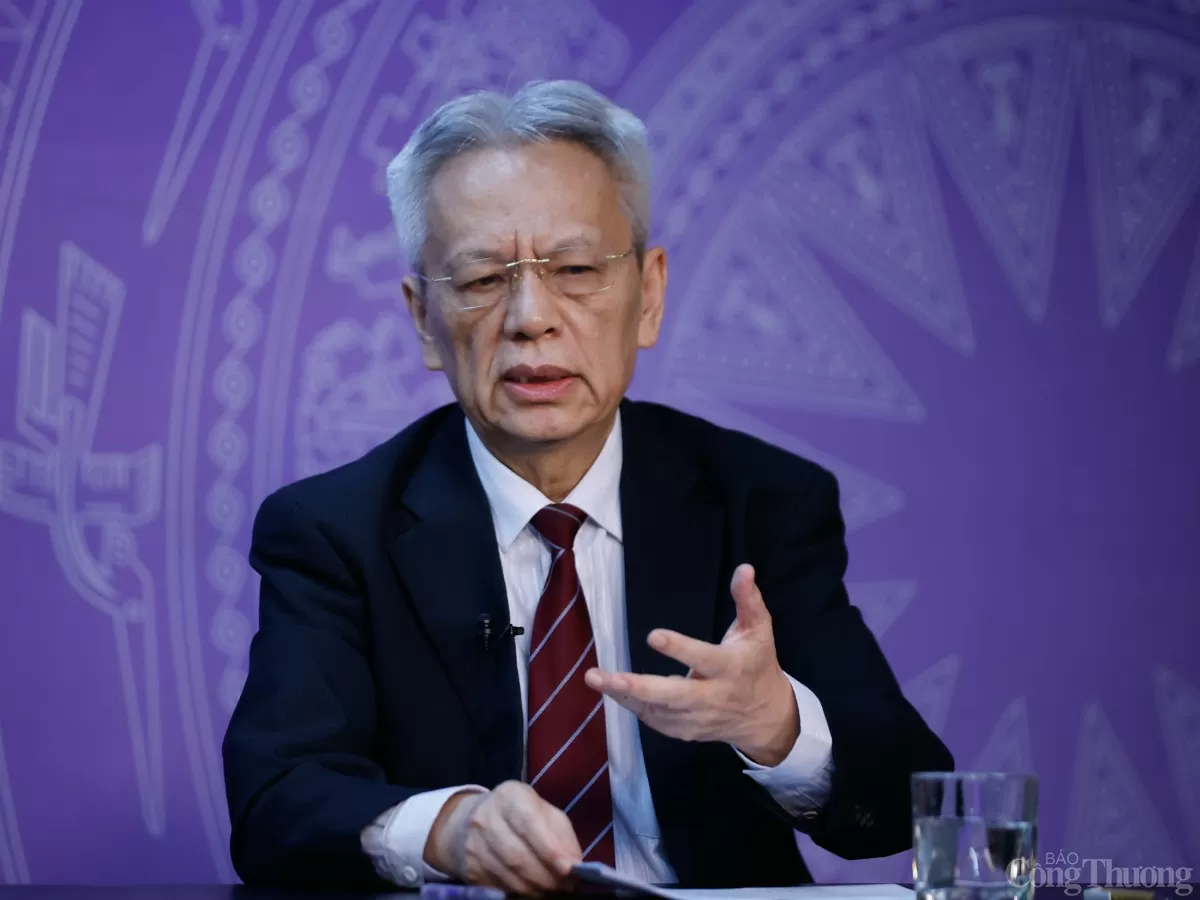
![[Photo] Unique art of painting Tuong masks](https://vphoto.vietnam.vn/thumb/1200x675/vietnam/resource/IMAGE/2025/11/14/1763094089301_ndo_br_1-jpg.webp)
![[Photo] Unique architecture of the deepest metro station in France](https://vphoto.vietnam.vn/thumb/1200x675/vietnam/resource/IMAGE/2025/11/14/1763107592365_ga-sau-nhat-nuoc-phap-duy-1-6403-jpg.webp)












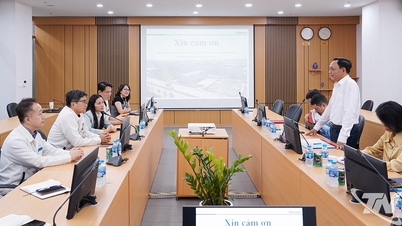



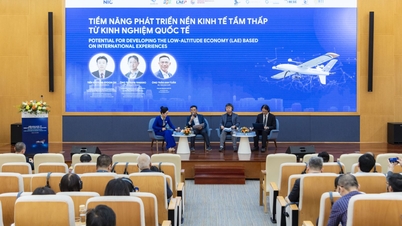

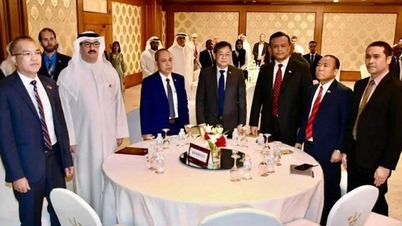

















![[Photo] Special class in Tra Linh](https://vphoto.vietnam.vn/thumb/1200x675/vietnam/resource/IMAGE/2025/11/14/1763078485441_ndo_br_lop-hoc-7-jpg.webp)















































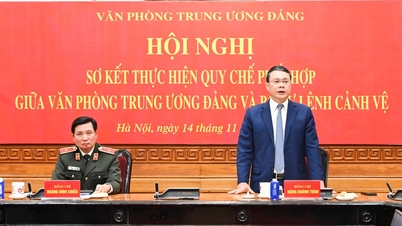





















Comment (0)